HR is a curious function. No one really tells you how to work with this department and, at face-value, you might see them as the people who push paperwork, processes and meetings. But if you look a level deeper, you will see a team of people who walk the line between supporting employees and protecting the company from legal exposure. This line can be confusing, frightening and often unfair for employees, like we saw at Uber, who are looking to HR to create fair and equitable systems.
“I believe that Silicon Valley is the leading edge for women and people of color to thrive successfully and gain power in a country that doesn’t always share power. But we, as HR leaders and influencers, can’t just stand in the background. We are the leaders we’ve been waiting for and it’s up to us to claim power in order to help people claim their own.”
That’s Jabu Dayton. And as the woman who scaled Airbnb’s customer service team from 16 to 80 people in just three months before creating their Human Resources department, she is one of the most important voices in People and Culture that you’ve probably never heard of. I sat down with her to talk about how to build an equitable, inclusive culture while balancing hyper-growth.
Emily Joffrion: What was the most defining moment of your career?
Jabu Dayton: I was working for a huge retailer when one of our employees made an allegation of discrimination against their manager. My investigation supported the employee’s claims but my manager didn’t agree. He fired the employee for poor performance and the young woman later committed suicide. I was in absolute shock. I went to the head of HR with my findings and a complaint against my manager. For two hours, I defended my position because I knew what they were doing wasn’t just illegal, it was wrong. In HR, you are dealing with people’s lives and livelihoods, and there are very real consequences. I was fired for making the complaint, but I have never regretted standing up against an ethically broken system. That moment changed me and shaped the kind of HR person I want to be.
Joffrion: How did you take that into your experience with Airbnb?
Dayton: When I came to Airbnb, it was 40 people in a converted garage. Three weeks in, we went from getting 100 customer service tickets a day to 3,000. Then it was 5,000 with an 8-week backlog we had no idea how to tackle. We needed structures for customer service around response times and quality -- fast. Having worked for a large retailer, I knew how to create and implement these systems. I was also used to hiring 100 to 200 people every few months for a holiday or sale, so I didn’t bat an eye when I was asked to hire 80 additional customer service employees. I created an organizational structure to manage the team and workload while I interviewed 10 to 15 people a day. I learned very quickly how to work with autonomy while building systems that were flexible enough to respond to the needs of a global team in hyper-growth.
Joffrion: How do you balance quality and speed when you’re hiring for hyper-growth?
Dayton: I believe there’s brilliance in untapped, underrepresented communities. By operating inclusively, I expanded our talent pool and found people with the energy and skills I needed that other companies were overlooking: college students who wanted to travel, moms who were re-entering the workforce, people of color who may not have worked in tech. I looked at people’s heart and intelligence, not just prior experience.
Joffrion: How do you bring that advocacy into your consulting work?
Dayton: I don’t believe CEOs and leaders are sitting around asking how they can oppress or take advantage of those without power. I see men and women in Silicon Valley who really want to do the right thing where inclusion is concerned but they don’t know how. In a dynamic where founders and C-level executives hold all the cards, it’s unlikely they will ever hear from people without power, access or experience. So, I speak for them. The leaders I work with hire me to build HR systems, but also to support their teams in negotiating their salaries. They want to build an equitable culture where their people can ask for what they are worth. Recently, I helped a brilliant African American gain a $40K raise. She earned it, but no one had taught her how to ask for it at 25 years old. Now she knows and can mentor others.
Joffrion: What advice do you have for negotiating salary?
Dayton: First, you have to realize that no one owes you anything. You have to stand for yourself and what you’re worth. Sure, companies should want to be fair and equitable, but businesses aim to pay you as little as possible because it serves their bottom line. Don’t take it personally, but know that it will continue if you allow it. It is your responsibility to do the research, role play so you have it down without a wobble, and be prepared to walk away if you’re not getting what you want.
That’s how men — and now millennials — move in the world. They ask each other and share salaries openly. I love it because that transparency holds everyone accountable. It brings things to light — and that’s power.


